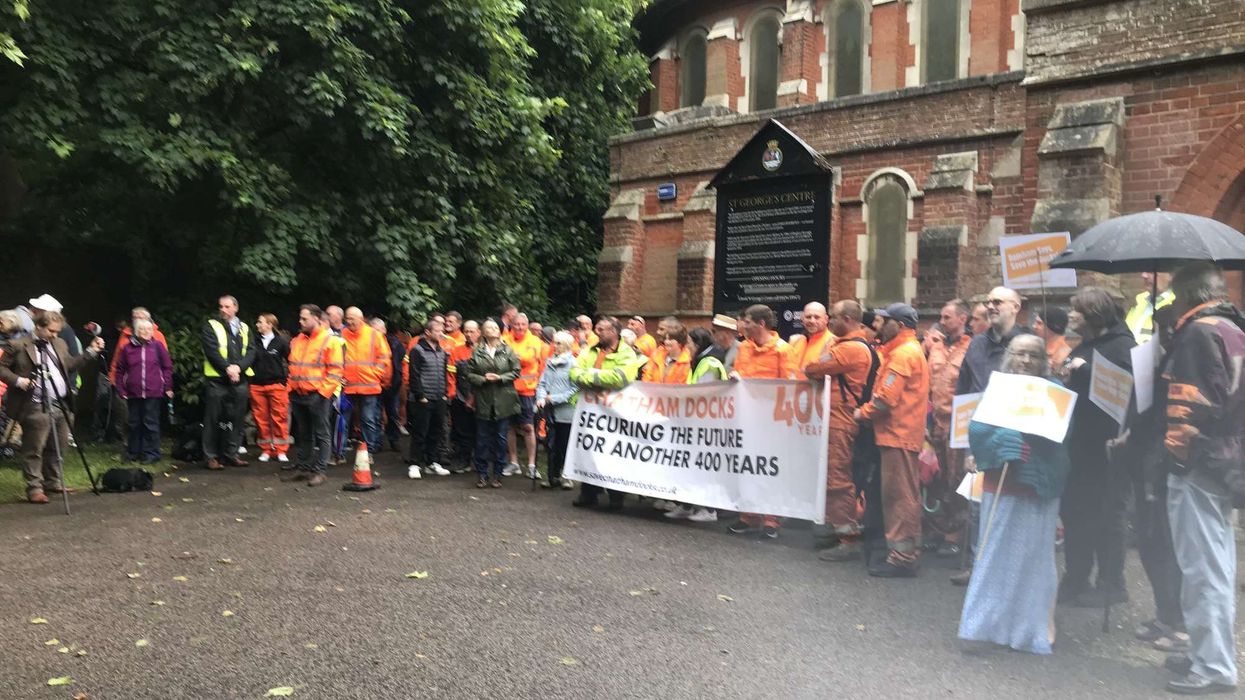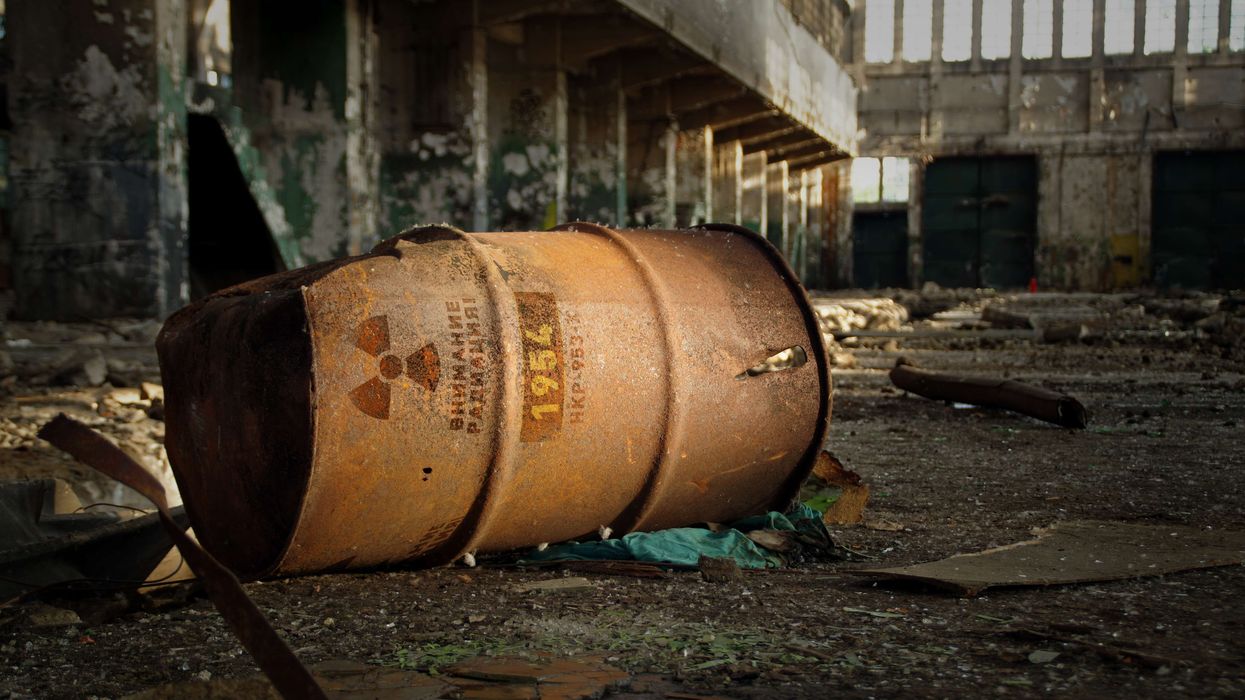By Amit Roy
THE UK’s investment minister, Lord Gerry Grimstone, has thanked India “from my heart” for helping to save British lives during the current pandemic by sending vital medicines and drugs.
Lord Grimstone was speaking last week at the launch of the 2020 India meets Britain tracker report, which examined the role played by 842 Indian subsidiaries with a total turnover of more than £47 billion in creating 110,793 jobs in the UK.
A former chairman of Barclays Bank plc and of Standard Life who was given a peerage last month, Lord Grimstone said: “I would like to draw particular attention at this moment to the enormous help that the United Kingdom has had from India during the crisis.
“And, of course, as the provider of more than half the world’s vaccines and the single largest producer of generic drugs, in the role played by India in containment of Covid-19 around the world.”
The 70-year-old minister, who was a co-chair of the UK-India CEO forum, has 15 years’ experience of working with Indian businesses.
“India has a very special place in my heart,” he said, adding, “This is an opportunity for India as it has so often done in the past to show global leadership.
“I would like to thank the government of India from my heart for the contribution to removal of barriers it has made to the export of paracetamol which has saved lives in the United Kingdom.
“In a sense, India now has a minister who has a close affinity with India at the very heart of the UK government. I am looking to come to India when the crisis is over – it will be one of the first places I come to as a minister.”
Lord Grimstone, who is also co-chair of the UK-India financial partnership, explained: “I am also the government spokesman on trade policy in the House of Lords so I am very involved in free trade agreements… and I am looking forward to the time when I am able to finally launch a UK-India free trade agreement.
“We are doing very well (on UK India trade). The data clearly shows the continuing strength of the UK-India relationship, the importance of India as one of our most critical bilateral investors and job creators with over 110,000 jobs attributable to investors listed in this report. And, critically, those jobs are all over the United Kingdom.
“It’s a great record. But I have to say we can and should be doing more. Given the remarkable close affinities between the UK and India, given the success that our companies have when they operate in each other’s countries, I know we can do more.
“And part of my role is working with my friends in India, the CII (Confederation of Indian Industry) and others, is to see how we can make a reality of that.”
The seventh edition of the India meets Britain tracker report was drawn up by leading business and financial adviser Grant Thornton UK, in collaboration with the CII.
Anuj Chande, partner and head of the South Asia group at Grant Thornton, told Eastern Eye: “There is no doubt that Indian-owned companies have been and are being affected by the lockdown just as their peers. There is an impact in terms of people, customers and operations, and Indian companies will need to assess impact, protect their businesses and restore themselves as we enter the recovery phases.”
Chande said: “The severity of the impact will vary from company to company. Indian-owned companies in hospitality, for example, have had to face a cliff edge and those in technology have some immediate limited impact but are likely to see the knock-on effects on their customers.
“Even Indian pharmaceutical companies, while seeing an uplift in demand for certain products, might be facing supply issues following Indian export restrictions.”
He added, however: “We are confident that the natural resilience, entrepreneurial skills and the ‘can do’ positive attitude will place Indian-owned companies in a strong position as the UK economy recovers from the pandemic.”
According to the report, the number of subsidiaries of Indian companies in the UK remains at 842, with some joining the list and others dropping off.
These companies have a total turnover of £41.2bn, compared to £48bn in 2019. The decline in combined turnover is attributable to the late filing of accounts for one company. If 2018 figures are used, combined turnover rises to £47.1bn.
They employ 110,793 people, an increase from 104,783 in 2019. Together they paid almost £462 million in corporation tax, compared to £684m in 2019 and £360m in 2018.
“It’s notable that the UK prime minister, Boris Johnson, called the Indian premier, Narendra Modi, to speak to him directly about international efforts to tackle the pandemic,” the report pointed out.
Chande said: “The Covid-19 pandemic has diverted attention from the UK’s ambition to negotiate a trade deal with India. Nevertheless, a deal is still very much a priority for the UK post-Brexit. The UK government has named India as one of its top targets for a free trade agreement.
“While a UK-India trade deal will take time to negotiate and full opportunities will not emerge for some time, the UK will continue to provide an excellent environment for international businesses and offer many benefits to Indian investors, not least access to a diverse, multicultural talent pool and strong cultural connections through the Indian diaspora.
“In addition, the depreciation of the pound continues to make the UK a particularly favourable investment destination.
“As we rebuild the UK economy, Indian-owned businesses already operating here will continue to play an important role. We anticipate new Indian investments as both the UK and Indian economies start to re-emerge from the shadow of this pandemic. The most successful Indian businesses look at their UK investments from a long-term perspective and not for short-term gains.”
Lakshmi Kaul, head and representative (UK), CII, backed Lord Grimstone’s comments: “In recent weeks, one has seen how India has stepped in and stepped up, beyond its usual business remit, to support on ground in dealing with the pandemic. While the urgent need has now become to address the pandemic, Indian industry will continue to be UK’s ally in navigating its way past Brexit.”












